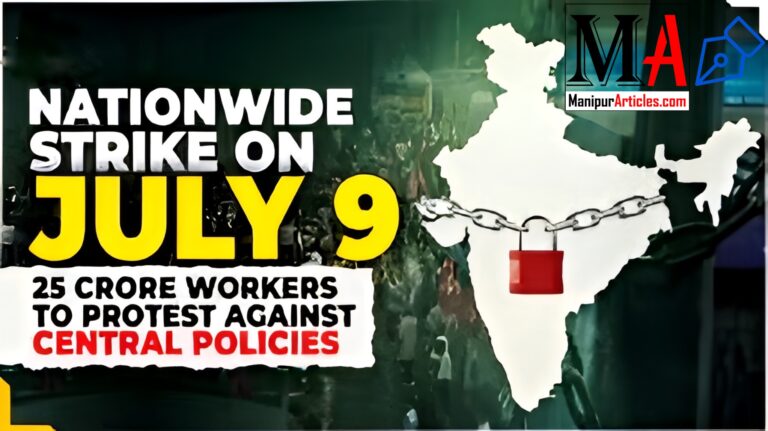Manipur’s Crisis Sparks Heated Debates in Parliament
Summary
The Lok Sabha recently witnessed intense debates and adjournments over the ongoing ethnic conflict and governance issues in Manipur. Congress leader Gaurav Gogoi and BJP’s Piyush Goyal clashed over the administrative handling of the crisis. The situation continues to dominate parliamentary discussions, reflecting the deep political divide on this sensitive issue.
An Overview of Manipur’s Unrest
Manipur has been grappling with ethnic and political challenges, with tensions escalating into national prominence. The crisis, rooted in complex socio-political and cultural dynamics, has highlighted governance concerns and exposed administrative shortcomings.
In recent Lok Sabha sessions, Congress leader Gaurav Gogoi sharply criticized the government, demanding accountability and decisive action. His remarks underscored the gravity of the situation, particularly the need for addressing ethnic tensions and restoring normalcy. BJP leaders, on the other hand, accused the opposition of politicizing the crisis, labeling their actions as mere theatrics to gain political mileage.
Key Highlights from the Parliamentary Debates
- Gaurav Gogoi’s Criticism
Gogoi emphasized the dire state of Manipur’s administration, citing prolonged ethnic clashes and growing distrust among communities. He highlighted failures in governance, such as delayed judicial appointments and lack of infrastructure in conflict zones, calling for an independent inquiry led by a retired Supreme Court judge - Piyush Goyal’s Response
In a fiery rebuttal, BJP’s Piyush Goyal accused the Congress of derailing parliamentary proceedings with disruptions, arguing that constructive debates could pave the way for solutions. Goyal insisted that the opposition was more interested in theatrics than in aiding the people of Manipur - Repeated Adjournments
The Lok Sabha faced multiple adjournments as members from both sides refused to back down. The debates reflected not only differing political ideologies but also the urgent need for bipartisan approaches to address such crises effectively
Broader Implications for Manipur and Beyond
The ethnic strife in Manipur has reverberated across the nation, spotlighting the fragile nature of India’s socio-political fabric. The parliamentary clashes are a microcosm of the larger issue: a need for political unity and administrative efficiency to resolve conflicts in sensitive regions.
Addressing the Root Causes
Ethnic Tensions
The conflict in Manipur stems from longstanding ethnic rivalries, exacerbated by administrative delays and inadequate conflict-resolution mechanisms. Effective measures to bridge the gaps between communities are essential.
Governance and Accountability
Calls for judicial inquiries and administrative reforms highlight the critical role of governance in conflict resolution. Empowering local authorities and ensuring timely interventions can make a substantial difference.
Role of Political Leadership
Both ruling and opposition parties need to adopt a more collaborative stance. Constructive debates and bipartisan efforts are crucial for addressing the immediate crisis and preventing similar situations in the future.
FAQs
- What is the main issue in Manipur?
The crisis is primarily due to ethnic tensions and governance failures, which have disrupted daily life and widened community divides. - Why was the Lok Sabha adjourned?
Intense debates between Congress and BJP over Manipur’s crisis led to disruptions, forcing repeated adjournments. - What was Gaurav Gogoi’s demand?
Gogoi called for an independent inquiry led by a retired Supreme Court judge to investigate administrative failures in Manipur. - How did the BJP respond to the criticism?
BJP leaders accused the opposition of politicizing the issue and creating unnecessary disruptions in Parliament. - What are the broader implications of the Manipur crisis?
The situation underscores the need for political unity, efficient governance, and sustainable conflict-resolution strategies.

